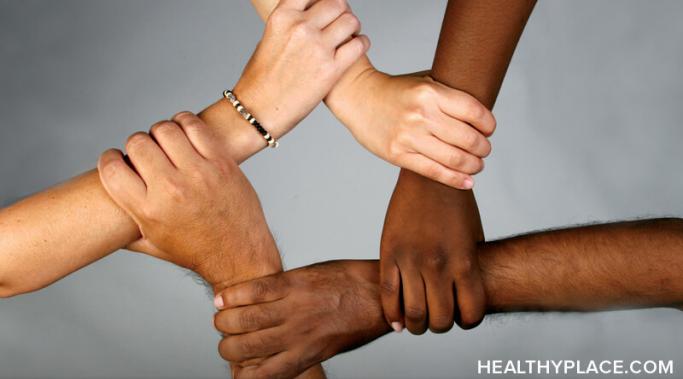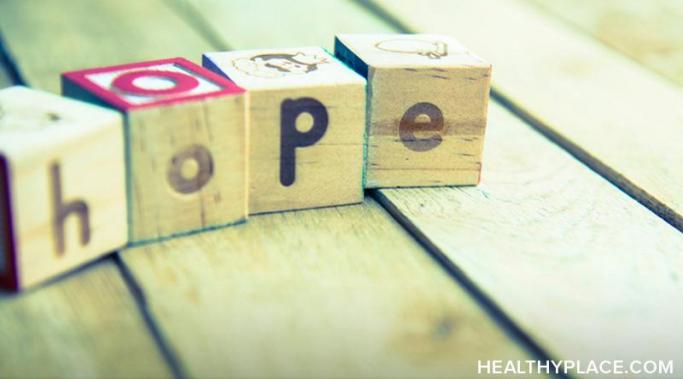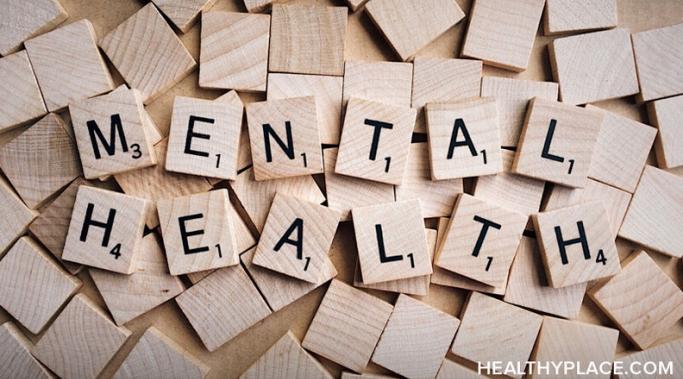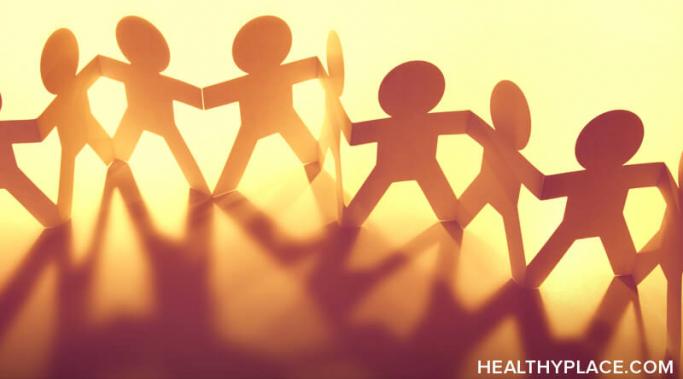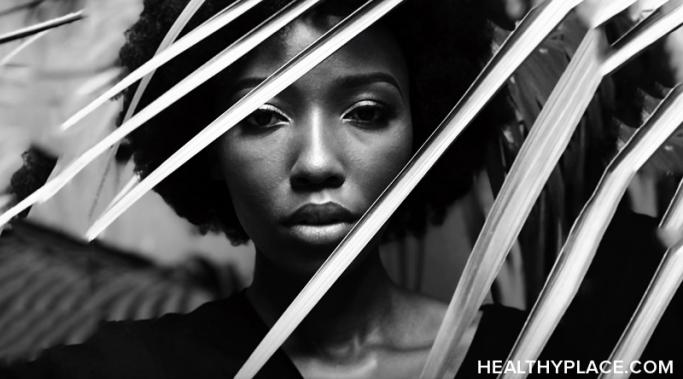Blogs
Recently, I received news that someone I am close to is very sick. I think one of the most difficult anxiety triggers that I may be confronted with is when someone I care about is ill.
It is normal and pleasurable to revisit the past and reminisce every now and then. But have you ever wondered how much nostalgia is good for your health? Let's find out.
A supportive community can benefit our self-esteem. Mental health is an essential aspect of our overall wellbeing, yet we often grapple with it in isolation. The stigma surrounding mental health challenges can make it difficult for individuals to open up about their struggles. However, building a supportive community can be a transformative force in the lives of those dealing with mental health issues. In today's post, I will share my own insights and lived experience on the importance of a supportive community for the self-esteem of those with mental health issues.
Accepting my attention-deficit/hyperactivity disorder (ADHD) and bipolar disorder diagnoses was difficult for me. Preconceived notions of ADHD and bipolar disorder aren't always very positive. In my recovery journey, it was helpful for me to have a name that encompassed the emotions that had been causing my suffering. Accepting my bipolar disorder and ADHD diagnoses helped me in my recovery from my mental illness.
I'm experiencing hope fatigue. Basically, I'm sick of the very word hope, let alone trying to scrape some up for me and my illness. There are many reasons for this, but believe me when I tell you that hope fatigue is a real thing.
Do you know about gambling addiction and co-occurring disorders? Gambling addiction is universally labeled a menace, but little is known of its accompanying partners that make the battle within that much more complicated. The gambling addiction recovery journey can be excruciating, but for those who have escaped the crippling grip of gambling addiction and its co-occurring disorders, the journey is worth every struggle.
You always want to avoid verbal abuse. Unfortunately, for many individuals, this behavior is a regular occurrence. It can happen at home, school, or work, creating a stressful environment. In some cases, individuals can try to navigate away from verbal abuse, while others cannot. I am one of the lucky ones who got away from this negative situation and worked hard to avoid verbal abuse in the future.
Regardless of my schizophrenia, I have many relationships. I am married. I am a daughter, a sister, a friend, an employee, an instructor, etc. Most people who interact with me know that I have schizophrenia. The people with whom I am in a relationship and who make me feel the most comfortable and help me focus on something besides my illness are those who treat me like everyone else.
I first heard the term "crowded thoughts" years ago. This term made, perhaps, even more sense to me than "racing thoughts," which is an official symptom of bipolar hypomania. So, let's take a look at what crowded thoughts are, how they may manifest in bipolar disorder, and why they matter.
I've made it my mission to understand splitting and borderline personality disorder, given the profound shame that often follows when I split on my loved ones. If you have borderline personality disorder (BPD), you might know that splitting is a defense mechanism where we perceive people, including those we deeply care about, as either entirely good or entirely bad.


